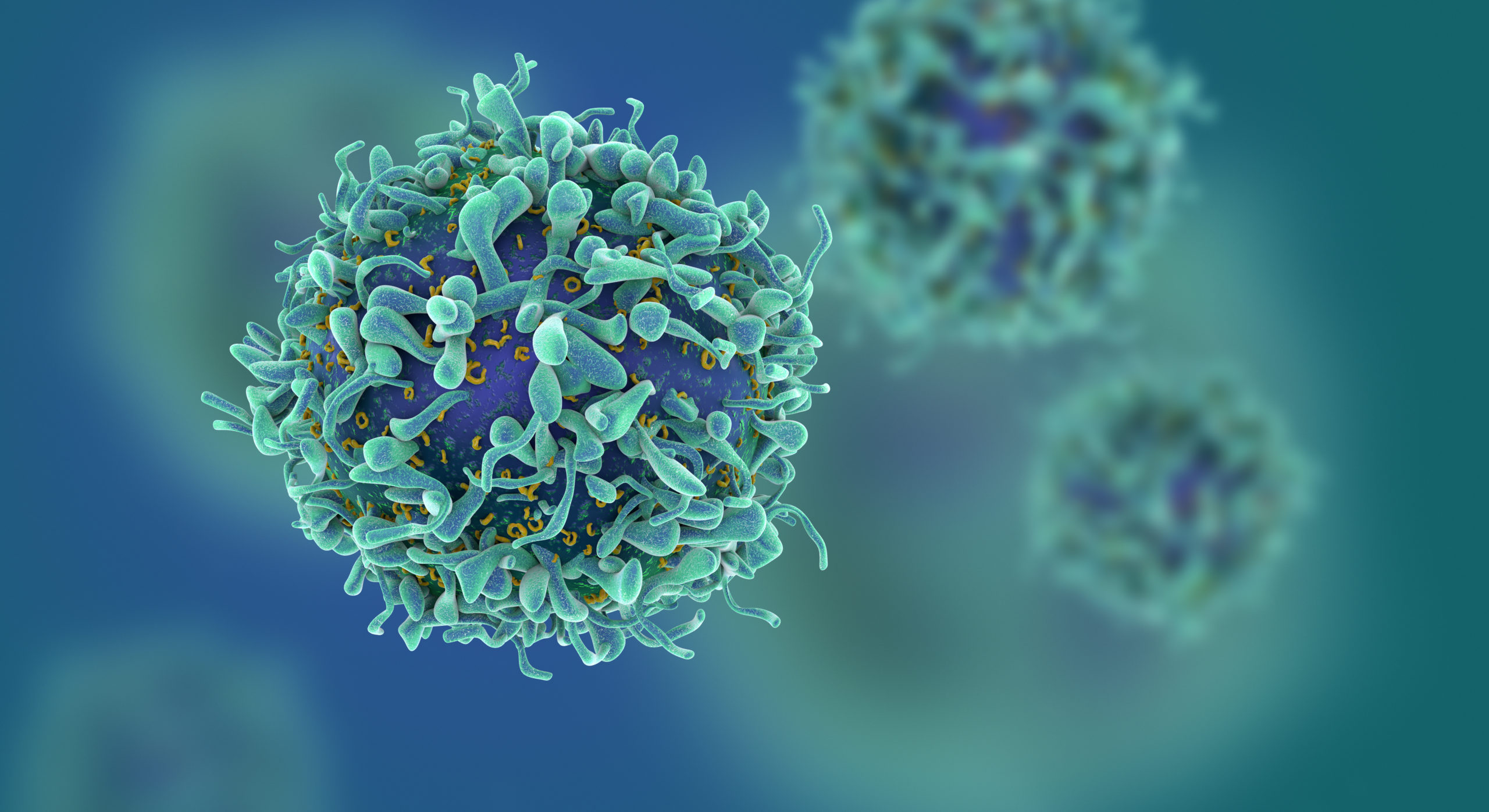Author: kwm107
-

Scientists Discover a Possible Environmental Trigger for Parkinson’s Disease
New Northwestern Medicine research has found that a usually harmless virus might be an environmental trigger or contributor to the development of Parkinson’s disease.
-

First Study to Use Consumer Wearables to Predict Pediatric Surgery Complications
A new study published in Science Advances is the first to use consumer wearables to quickly and precisely predict postoperative complications in children and shows potential for facilitating faster treatment and care.
-

AI Matches Doctors in Mapping Lung Tumors for Radiation Therapy
Northwestern Medicine scientists have developed an AI tool that not only matches doctors in accurately outlining lung tumors on CT scans but can also identify areas that some doctors may miss, according to a new study.
-

Antimicrobial Resistance Expert to Lead Division of Infectious Diseases
Jennie H. Kwon, DO, MSCI, associate professor of medicine at Washington University in St. Louis, has been named the Gene Stollerman Professor and Chief of the Division of Infectious Diseases, effective October 2025.
-

New ‘Molecular GPS’ Will Fast-Track Drug Discovery
Scientists at Northwestern University have developed the largest open-access resource of its kind to help investigators shave off months of early-stage drug development time, detailed in research published in Science Advances.
-

Feinberg Student Group Presents Healthcare Innovation Projects
Members of the Feinberg student organization Second Opinions recently gathered for a Poster Showcase to highlight their projects and collaborative work.
-

SNAP Shields Kids From Future Heart Disease Risks, Study Finds
Food insecurity in early childhood is associated with worse heart health two decades later, but participation in public nutrition assistance programs may significantly mitigate that risk, according to a recent Northwestern Medicine study.
-

Global Health Education Day Celebrates Mentorship and Collaboration
Faculty, staff, students and trainees celebrated global health, education and outreach during the 6th annual Global Health Education Day organized by the Center for Global Health Education.
-

John Rogers Elected to the Royal Society
Northwestern bioelectronics pioneer John A. Rogers, PhD, has been elected as a Fellow of the Royal Society, the United Kingdom’s national academy of science and one of the most prestigious academies in Europe.
-

Celebrating Honors Day 2025
Fourth-year medical students and faculty members were recognized for academic and clinical excellence during Feinberg’s Honors Day, held on May 16 in the Hughes Auditorium.






